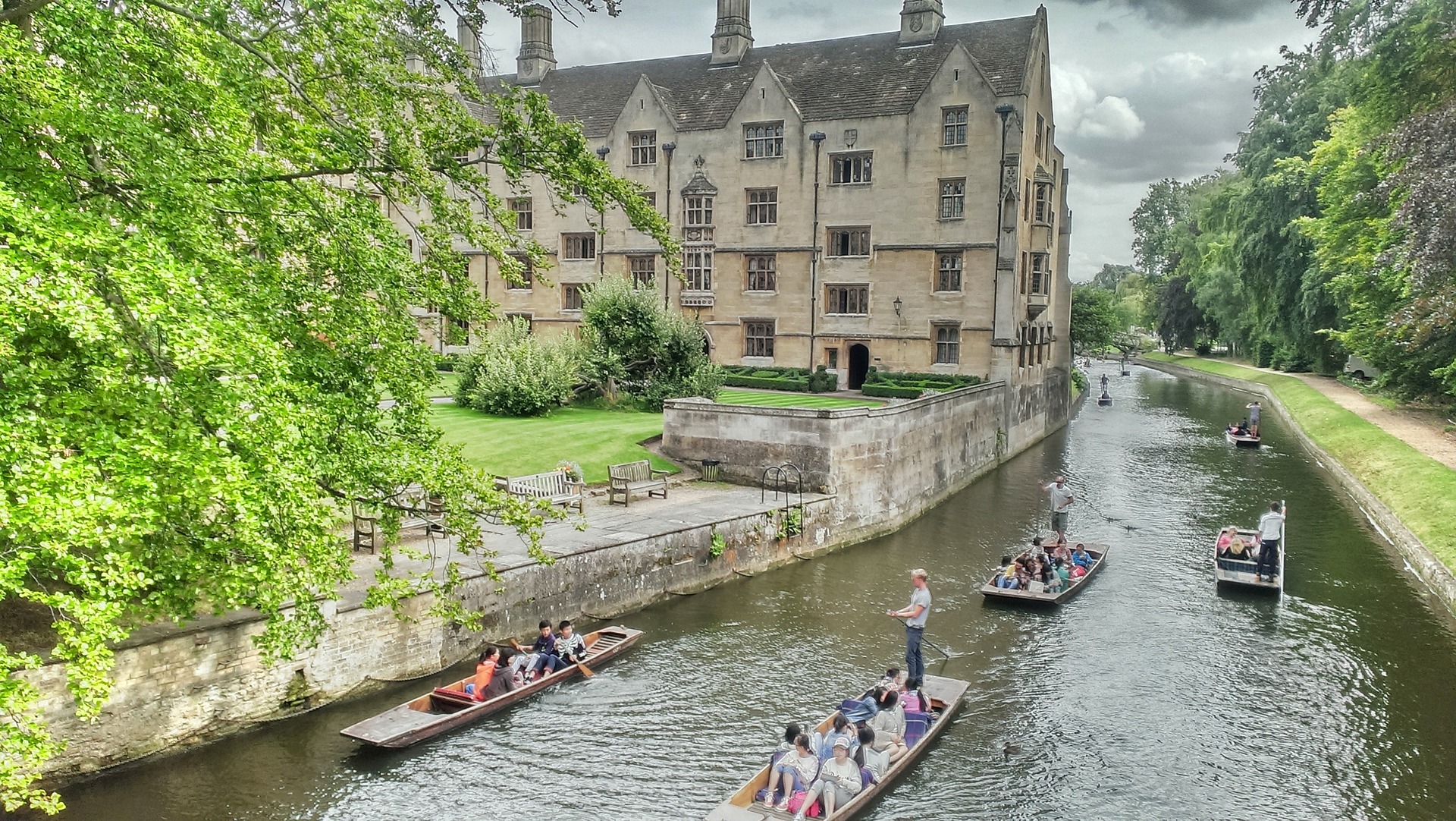BT and Huawei team up in five-year project
Vendors work on project at Cambridge University

Sign up for breaking news, reviews, opinion, top tech deals, and more.
You are now subscribed
Your newsletter sign-up was successful
BT and Huawei have teamed up to form a research group at the University of Cambridge. The project, set to last five years, is going to focus on a range of areas including photonics and access network infrastructure.
In addition, the group, comprising experts from the two companies as well as academics from the university, will be looking at how communications impact on society. The aim of the project is to explore ways to reduce overheads for UK business, either by reducing the cost of network infrastructure or by boosting operational performance.
One area that the researchers are hoping to explore is in the role that new technologies have to play in delivering positive impacts for society, either by reducing inequality or by using ICT technologies to improve resilience of communities to climate change.
The two companies have signed a memorandum of understanding, setting out future plans. The new project is set to get under way in the first half of 2018 with five to ten researchers from BT and Huawei working alongside their University collaborators.
Research on impact of technology
Prof Stephen Toope, vice-chancellor at the University of Cambridge, said: “The world of telecommunications has advanced rapidly over the last two decades. However, there is still work to be done to improve the technologies we use on a daily basis and to ensure that they are long-lived. By working with BT and Huawei we will be able to demonstrate that the insights delivered through our research have a broad impact.”
Gavin Patterson, BT Group chief executive added: “BT’s infrastructure is the engine of the UK economy, so it is essential that we continue to innovate in this space to enhance the UK’s competitiveness on the world stage towards and through Brexit. BT currently invests around £500m every year in R&D, and over the last ten years we’ve been the third biggest contributor to the UK’s R&D efforts.”
As well as short term projects, the research group is also looking well to the future, by using the funding to support longer-term, ‘blue skies’ research projects being progressed by postgraduate students.
Sign up to the TechRadar Pro newsletter to get all the top news, opinion, features and guidance your business needs to succeed!
- Best Huawei Mate 9 deals